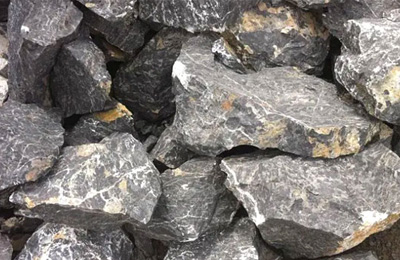Limestone is a sedimentary rock composed mainly of calcium carbonate (CaCO3) and is widely used as a building material, in the manufacture of cement, as a soil conditioner, and in the production of various chemicals. Limestone grinding and processing involves a series of crushing, grinding, and screening stages to produce a range of particle sizes suitable for various applications. In order to meet the demand for limestone in these industries, it is necessary to grind the raw material into powder. The equipment used for limestone grinding production mainly includes raymond mills, vertical mills, ultra-fine mills, and other types of grinding equipment.

Raymond mill for limestone:
Raymond mill is a commonly used limestone grinding equipment, which is suitable for processing various non-flammable and explosive mineral materials with Mohs hardness less than 7 and humidity less than 6%. The final product size can be adjusted between 80-325 mesh.
Vertical mill for limestone:
Vertical mill is a new type of grinding equipment, which is widely used in cement, power, metallurgy, chemical industry, non-metallic mineral industries, etc. It has the advantages of high grinding efficiency, large production capacity, low energy consumption, and convenient maintenance. The final product size can be adjusted between 80-425 mesh.
Ultra-fine mill for limestone:
Ultra-fine mill is a new type of grinding equipment developed on the basis of Raymond mill. It has the advantages of high grinding efficiency, low energy consumption, large production capacity, and low noise. The final product size can be adjusted between 325-2500 mesh.
The final step in the limestone processing is the packaging and storage of the finished product. Depending on the application, the limestone powder may be packaged in bags, bulk containers, or transported in bulk by truck or rail.
Different types of grinding equipment have their own advantages and disadvantages, and the selection of equipment should be based on the specific requirements of the production process.It is essential to ensure that the quality of the final product is maintained throughout the processing stages to meet the required specifications and standards.
